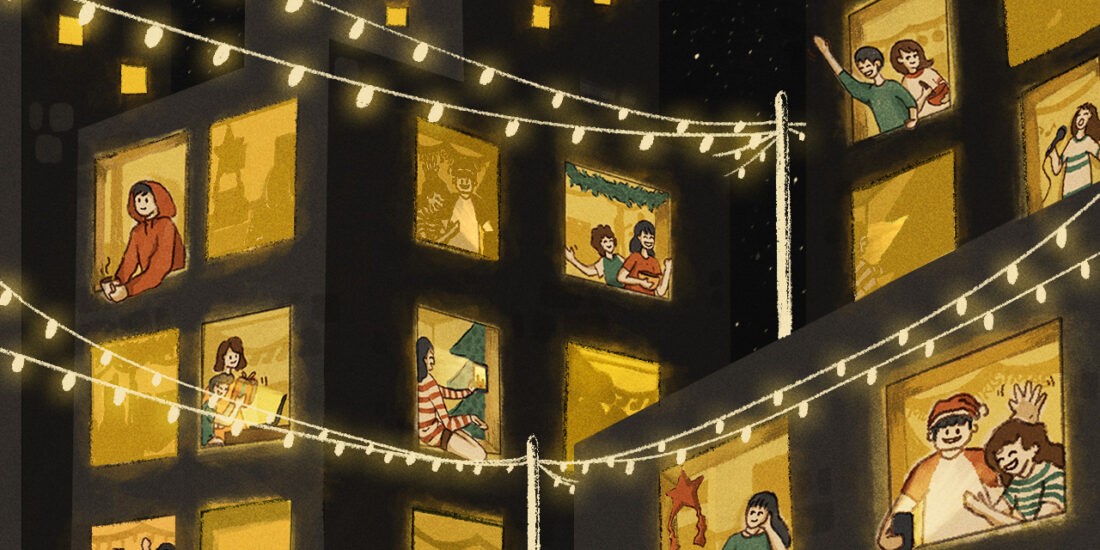On flattening the curve: how harsh policies affect the marginalized poor
Aiming to mitigate the increase of infected cases for COVID-19, the national government implemented the Luzon-wide lockdown on March 15, 2020. The marginalized poor, without any other means of income, face a threat to life other than the virus: starvation.
On the morning that the lockdown was first put into place, reports about workers flocking the borders filled the news as hundreds, if not thousands of Filipinos across Luzon are trying to get to work, and without public transportation, they are left with no choice but to either walk thousands of miles or get fired from work.
It was clear at that point that guidelines are detrimental, especially when we’re in a third world country. Without clear guidelines on how the government would provide welfare for the workers, they were left with no choice but to brave the populace to be able to earn money and take home food for their families.
This elicited various responses from Filipinos, especially those elitists who are privileged enough to stay at home were apathetic to the workers saying they are only pasaway, and that they should just obey the government.
With little to no empathy for the poor, people can become so detached about the reality of suffering just because they can afford the means to survive in the middle of a pandemic.
It becomes more evident that social class remains a crucial deciding factor for one’s survival in a massive recession, like the lockdown.
According to the First Quarter 2019 Social Weather Survey, at least 38% or an estimated 9.5 million Filipino families consider themselves poor. The SWS also said that families who considered themselves “food poor” are estimated to be at 27% or at least 6.8 million families.
We need to recognize that these “food poor” Filipinos have nothing to eat, and more so at a time like this. By violently criminalizing their cries for help like that of ‘San Roque 21’, the national government ignores the need to address the clamoring stomachs of the marginalized poor, and the much bigger need to understand them. We must remember that anyone who is hungry will do everything for food. Their pleas for help are valid and without any means of income, they are left with no other option but to starve.
To make matters worse, Presidential Spokesman Salvador Panelo seemed to be apathetic during a press briefing and said “Walang namamatay sa gutom. Ang isang buwan, hindi ka pa mamamatay,” which is equivalent to normalizing the poverty that almost millions of families in the Philippines experience.
What the government needs to address is how they will allocate the budget for food, for mass testing and the assurance that the marginalized poor will be able to feed their families in the midst of a pandemic—including what happens next when we reach the way to recovery. They need to take crucial steps to be able to provide welfare because it is a matter of life and death.
Putting a lockdown in place, and militarizing the country without proper plans for the welfare of the poor only meant one thing: that this government is anti-poor who has the stomach to leave the people hungry and the teeth to even criminalize them.
At the end of the day, everyone just wants obedience to all strategic efforts to contain the virus. But implying obedience to the rules of quarantine through violently instilling fear is a clear manifestation of fascism and looming dictatorship.




